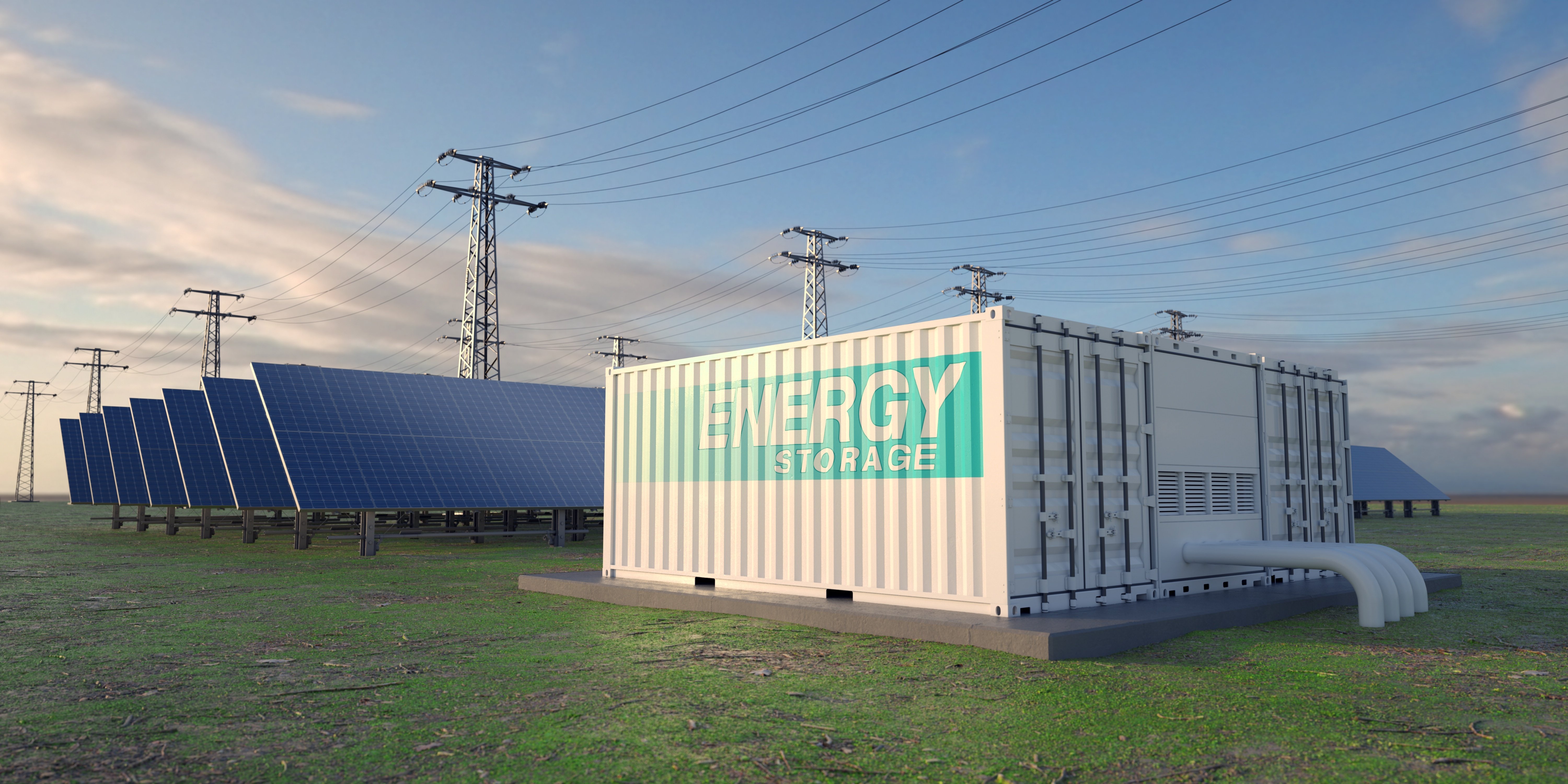 Add My Company
Add My Company

The world is gradually shifting towards renewable energy sources, and rightly so. However, there is one major challenge that comes with this transition: intermittency. Solar panels and wind turbines produce electricity only when the sun is shining, and the wind is blowing. But battery storage offers a solution to this problem, by allowing excess energy to be stored for later use. In this article, we will explore how investing in battery storage can revolutionise the energy sector.
What Is Battery Storage?
Battery storage involves storing excess energy produced by renewable sources such as solar panels and wind turbines in batteries. The stored energy can then be used when the sun isn't shining, or the wind isn't blowing. Battery storage systems consist of three main components: the battery, the inverter, and the control system. The battery stores the energy, the inverter converts it from DC to AC power, and the control system manages the flow of energy.
Benefits Of Battery Storage
-
Reduces Energy Costs
Battery storage can reduce energy costs by allowing businesses and households to use stored energy during peak hours, when energy prices are highest. This reduces reliance on the grid and can lead to significant savings on energy bills.
-
Improves Grid Stability
Battery storage can help stabilise the grid by balancing supply and demand. When demand is high, stored energy can be used to supplement supply, reducing the risk of blackouts and brownouts. Similarly, when demand is low, excess energy can be stored for later use.
-
Enables More Renewable Energy
Battery storage enables more renewable energy to be added to the grid by overcoming the intermittency of solar and wind power. With battery storage, excess energy can be stored and used when renewable sources are not producing enough energy.
-
Increases Energy Independence
Battery storage allows businesses and households to become more energy independent by relying less on the grid. This can be especially useful during power outages or when the grid is experiencing high demand.
-
Reduces Carbon Emissions
Battery storage can reduce carbon emissions by enabling more renewable energy to be used. By reducing reliance on fossil fuels, battery storage helps to mitigate climate change and reduce air pollution.
Challenges Of Battery Storage
-
High Upfront Costs
Battery storage systems can be expensive to install, which can be a barrier to entry for many businesses and households. However, the costs are decreasing as battery technology improves and economies of scale are achieved.
-
Limited Lifespan
Batteries have a limited lifespan and will eventually need to be replaced. However, advancements in battery technology are improving the lifespan and durability of batteries.
-
Safety Concerns
Batteries can pose safety concerns if not installed and maintained properly. However, with proper installation and maintenance, battery storage is safe and reliable.
Investing In Battery Storage
Investing in battery storage can offer significant benefits for businesses and households. Rittal Ltd UK provides a range of battery storage solutions that can be tailored to meet specific needs. Whether it's for backup power, peak shaving, or grid stabilisation, Rittal Ltd UK can help businesses and households achieve their energy goals.
Conclusion
Battery storage offers a solution to the intermittency of renewable energy sources and will revolutionise the energy sector. By reducing energy costs, improving grid stability, enabling more renewable energy, increasing energy independence, and reducing carbon emissions, battery storage offers numerous benefits. While there are challenges to overcome, investing in battery storage is a smart choice to achieve our future goals of energy efficiency.
For more information on How Investing In Battery Storage Will Benefit The Energy Sector talk to Rittal Ltd

